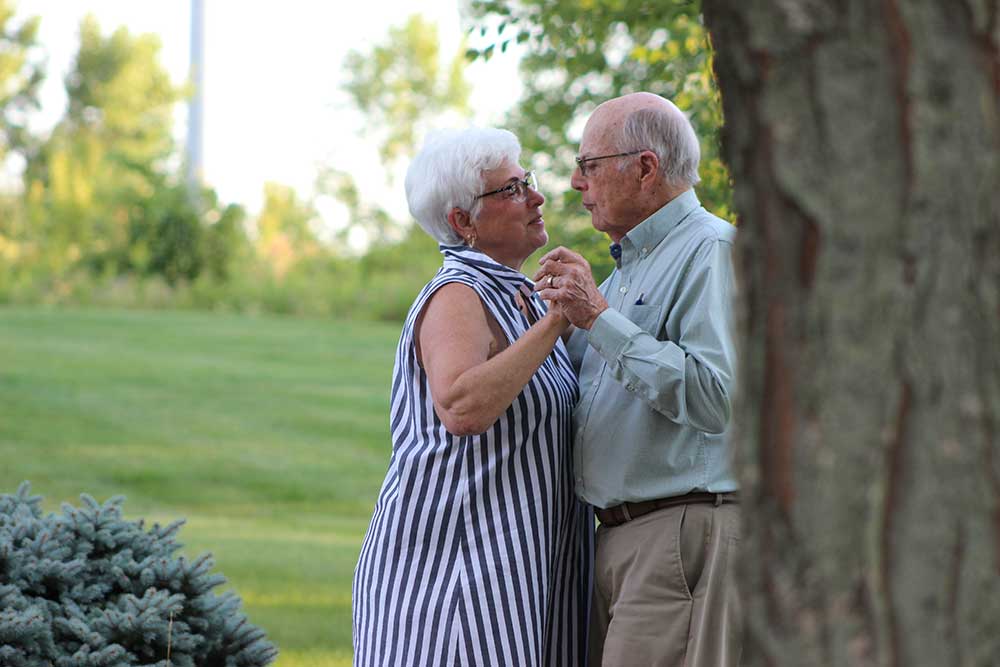You Can See The Difference
Step into any United Church Homes community and you’ll sense something different. You’ll see it on the faces. You’ll feel the friendly, caring and loving energy the residents embody. And you’ll notice it from those who live abundantly every day.
Whether you’re looking for a new home for yourself, a loved one or you just need a little assistance, we have the housing and services to help older adults live their best lives.
Here’s How We LIVE IT!
UCH is one of the nation’s leading nonprofit providers of housing and healthcare services for older adults. Our Live It! hospitality standards reflect our commitment to bringing these values to life.
We celebrate older adults by helping them age abundantly. We look at anything and everything that boosts health and longevity. Our goal? To redefine what it means to be an older adult in today’s world — creating unlimited possibilities and a sense of discovery.
The UCH LIVE IT! program centers around these core pillars:
Live with purpose
At United Church Homes, your purpose is our purpose! We invite you to:
- Embrace new possibilities for your life.
- Explore your passions as you write your life’s next chapter.
- Relax and enjoy our comfortable campuses, where you’ll find an active calendar of programs, events and excursions to nearby attractions.
Create social connections
UCH helps residents live abundant lives by fulfilling a basic human need — the desire for connection.
- Our thoughtful programs and welcoming public spaces offer endless opportunities to meet, talk, share a laugh and develop new friendships.
- We also encourage residents to visit with loved ones and friends. To us, they’re part of our extended family.
Live safe and sound
Experience purposeful living in a community where we put your health and wellbeing first.
- Our expert teams of senior living and healthcare professionals ensure a clean, well-maintained environment.
- UCH adheres to strict, nationally recommended infection and sanitation protocols.
- Our Safe and Sound pledge brings innovative health and wellness programs to residents — helping them live healthier, more active and enjoyable lives.
Faith-inspired living
More than 100 years ago, a group of pastors and congregations created a home for some aging church members.
- This faith-inspired heritage defines UCH’s continued commitment to the idea of servant leadership.
- Every day, we look for ways to serve the needs of older adults. And we meet those needs in our communities — and in the services we deliver.
Person-directed care
Person-directed care means the resident stays in control and makes decisions regarding their care. It’s an ongoing, interactive process between older adults and caregivers honoring the mature adult’s dignity and choices in directing their daily life.
All are welcome
United Church Homes offers inclusive communities for people of all walks of life and backgrounds including LGBTQ+ older adults, minorities, military veterans, low-income individuals and people of all faiths — or none.
A Commitment to Quality
It’s a simple yet profound goal: United Church Homes ensures everyone is treated with dignity and respect. We provide opportunities and encourage UCH employees and staff to grow in their leadership, skills and values. We pursue quality awards and participate in benchmarking programs to chart our progress toward creating abundant life for all.



















